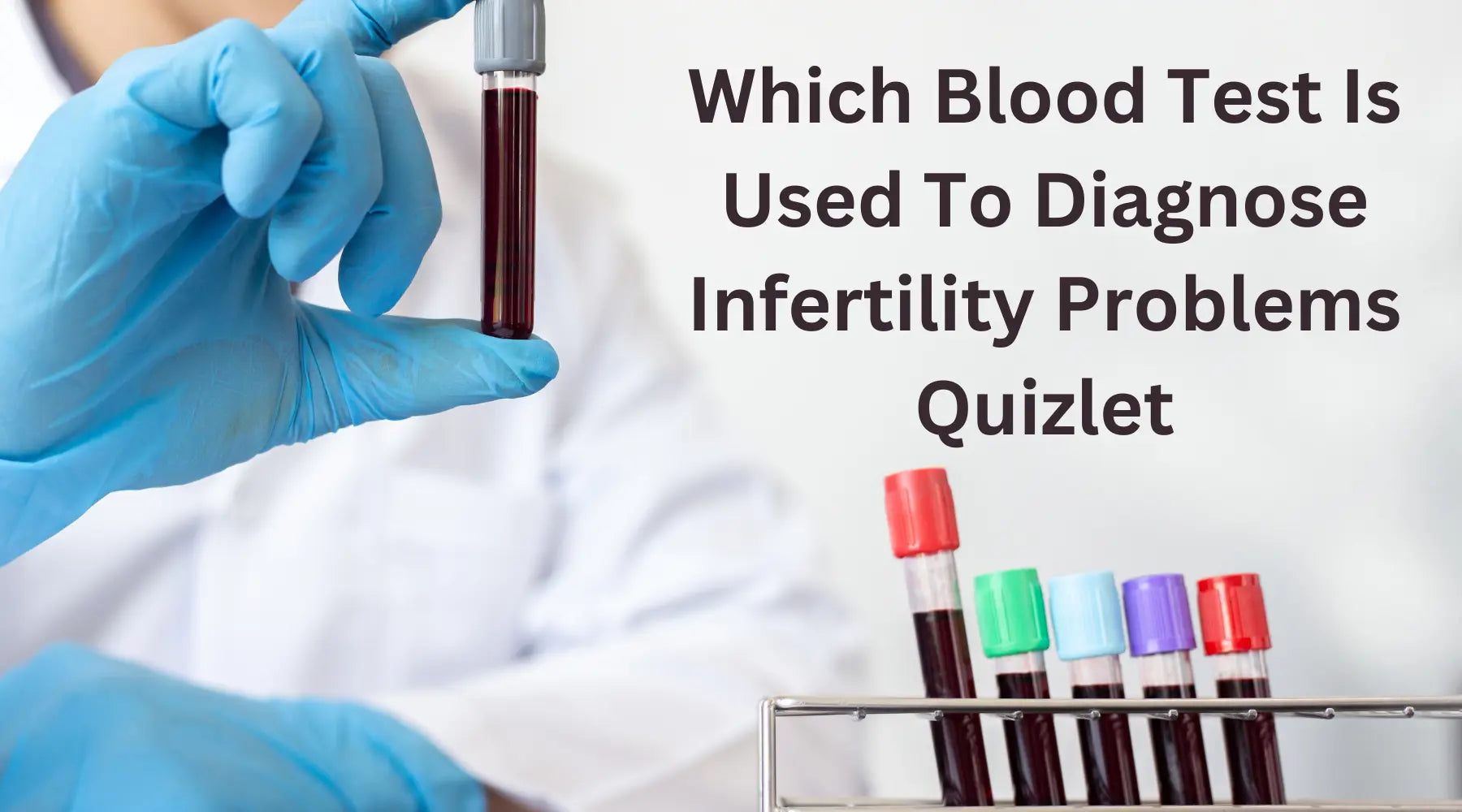 Understanding the underlying causes of infertility is a critical first step for couples having trouble getting pregnant. Blood tests are just one of the various diagnostic resources. In this article, we'll look at the blood tests used to identify infertility issues and discuss Shilajit's potential application as an infertility treatment.
Understanding the underlying causes of infertility is a critical first step for couples having trouble getting pregnant. Blood tests are just one of the various diagnostic resources. In this article, we'll look at the blood tests used to identify infertility issues and discuss Shilajit's potential application as an infertility treatment.
Blood Tests for Infertility Diagnosis
Hormone testing:
Infertility is frequently brought on by hormonal imbalances. Hormone levels can be determined by blood tests, including:
High levels of the follicle-stimulating hormone (FSH) may signify ovarian malfunction.
Luteinizing Hormone (LH): Improper ovulation may be indicated by abnormal LH levels.
Estradiol:
Elevated levels of estradiol can impact ovulation and egg quality.
Low levels of progesterone may indicate luteal phase abnormalities.
Thyroid hormones:
A disturbed thyroid might interfere with the menstrual cycle.
AMH levels, representing the amount of eggs in a woman's ovaries, can offer insight into her ovarian reserve.
Prolactin:
High quantities of this hormone can disrupt menstrual cycles and ovulation.
Testosterone:
Unhealthy levels of this hormone can impact fertility in both men and women.
Hormone Panel:
To assess the overall hormonal balance, a thorough hormone panel may be performed.
The Potential of Shilajit in the Treatment of Infertility
A natural resin-like substance called shilajit, found in the Himalayan region, is well known for its possible health advantages. Shilajit has several qualities that may be important, while research into its effects on infertility is still ongoing.
Balance of Hormones:
Shilajit's adaptogenic characteristics may help control hormonal imbalances, which may benefit fertility.
Sperm Health:
According to some research, Shilajit may improve men's sperm quality and motility, increasing their ability to conceive.
Shilajit's capacity to increase vigor and energy may benefit general reproductive health.
Conclusion
Blood tests are essential in diagnosing infertility because they reveal hormone imbalances and other factors affecting fertility. These tests allow medical professionals to create individualized treatment programs for couples trying to get pregnant.
Thanks to its adaptogenic qualities and potential advantages for hormonal balance and reproductive health, shilajit's potential as a treatment for infertility is a topic of considerable study. When considering it as a component of an infertility treatment plan, it's crucial to use caution and speak with a healthcare provider.
In conclusion, dealing with infertility can be difficult, but new diagnostic techniques and promising all-natural treatments like Shilajit give hope to couples trying to overcome fertility problems. Teams can improve their chances of realizing their desire for motherhood by collaborating closely with medical professionals and looking into various treatment alternatives.